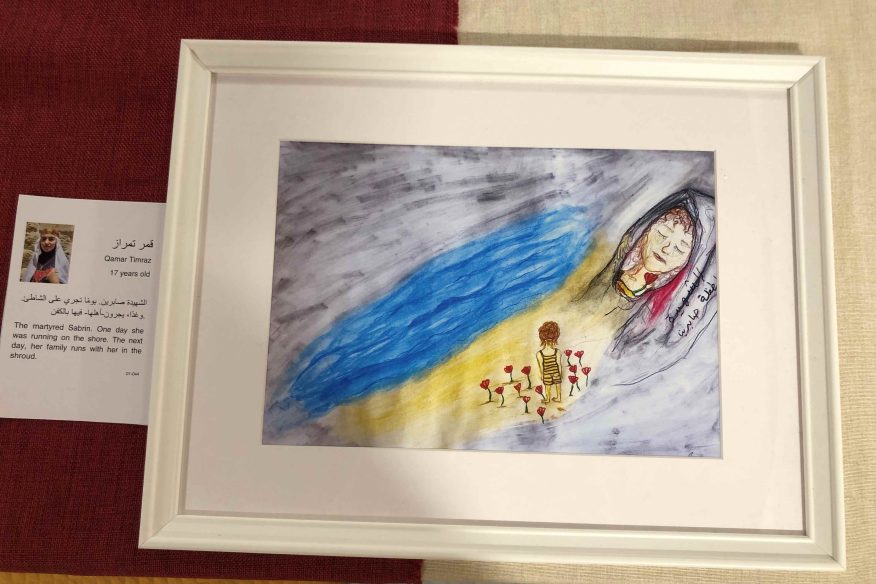Cristiano, Leonardo and Mariano, ordained priests
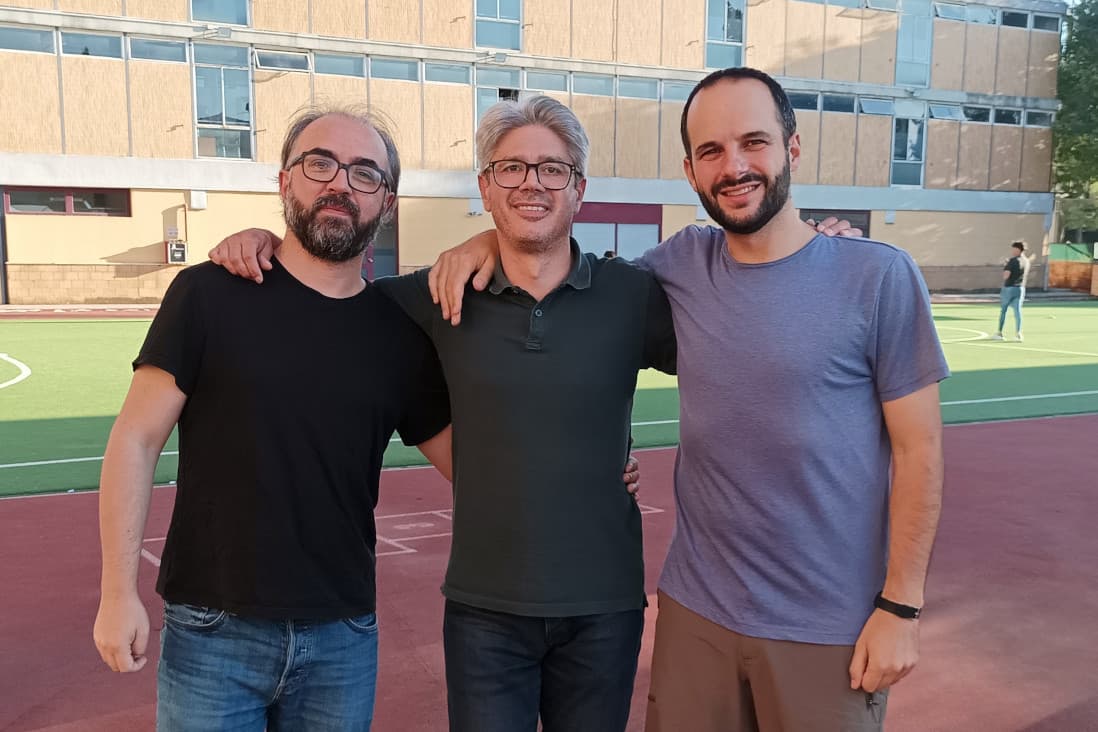
They come from different backgrounds: multinational automobile company, fair trade, diocesan seminary. But their journey was diverted… The celebration took place on 22 October at 3pm in Rome in the Gesù Church.
Cristiano
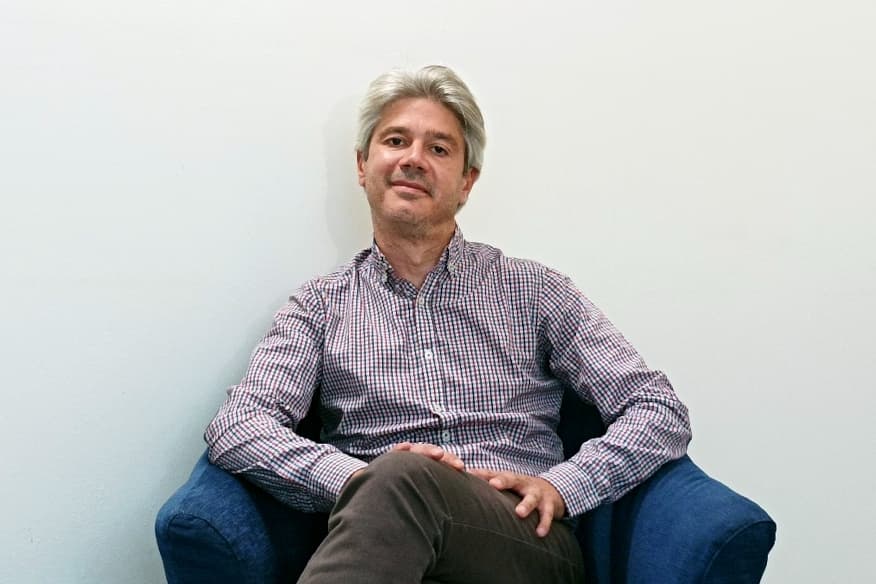
Originally from Sassari, 46 years of age, Cristiano has a degree in Literature. After a master’s degree, he moved to Lombardy and started working in the human resources sector of a multinational automobile company.
“It was an elderly priest who primarily, in my university days,” he recounts, “asked me the question: have you ever thought of becoming a priest? Those seemingly innocuous words began to raise doubts; questions to which I found an answer after several years. “In fact, when I moved to Milan and met the Jesuits – it is those quasi-mystical experiences that you decipher with the passing of time – I felt a deep desire to become a Jesuit’.
So, I raced from Milan to Bologna to discern that call. “And after that instant that I knocked on the door of the novitiate in Genoa in 2013 two years went by”.
The novitiate was an experience of accepting that desire, an experience of being welcomed into the Society and loved by Jesus as contemplated in the Gospel.
Then, after the two years in Genoa, I studied philosophy in Rome, at the Gregorian University. “This was a profound experience of commitment and dedication both in my philosophy studies and in my apostolate. It was one of those experiences that marked me most in being a witness of faith with young people”.
When he concluded his philosophy studies, for his Regency, he was sent first to Uganda, to the Ocer Campion boarding school in Gulu, and then to Naples, in the Scampia district. “During that double experience – first in Uganda and later in Naples- I allowed myself to be moulded and converted by the encounter with the poor, or rather, the blessed of the Gospel”.
Finally, he was in Madrid for Theology. “The experience of being able to study abroad was an opportunity for personal growth but perhaps even more an experience of universal companionship. I experienced an exodus and encountered God as a stranger called to participate in the promised land”.
Now, Cristiano lives in Rome, at the Massimo Institute. In fact, according to the oldest Jesuit tradition, he is called, in the fourth year of theology, to embody and actualise the study of theology in view of the mission.
“Unworthy but beloved,” he concludes, “I wish to contemplate the smiling and sad faces, in the many crossroads of the world, with transformed eyes”. And it is with this desire that he prepared to receive priestly ordination.
Leonardo
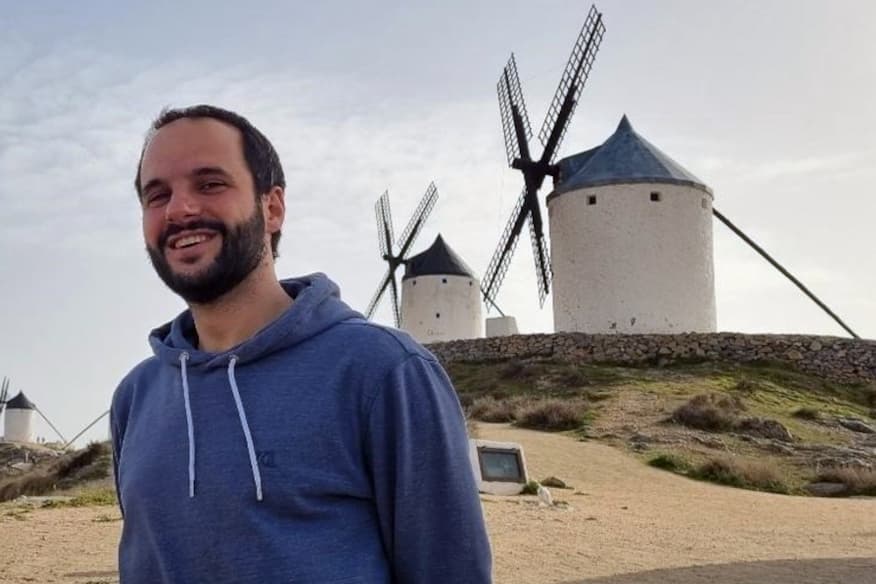
“My journey literally began travelling across Europe, by train. I was 21 and discovered that there was a world to discover, borders to cross, a freedom to be earned with courage”.
At the age of 23 he was in India: “I got to know Buddhism and discovered that freedom is not to be sought from the outside but from within. I was fascinated by the idea of a personal journey of freedom that does not involve God, which at that time was a bit of a problem for me. A year later after finishing my studies in Barcelona, driven by I don’t know what at that time, I returned to the church where I had grown up in Martellago, Venice, and after an unexpected confession with the old parish priest of my childhood, I rediscovered Jesus. He preached with his life a freedom for others, and this was a real breakthrough for me”.
His plan to work as a manager in international cooperation took him to Paraguay with Fairtrade. “Something was not right, I had yet to discover that true freedom was feeling loved even when I was worth nothing in my own eyes. Right there, and only there, when I felt stripped of all my security, I felt that true life was to offer my freedom to the Lord. And while I was wondering where and how to offer it, the Society of Jesus, through several Jesuits, welcomed me, made me feel at home, and offered me the most precious thing: a way of praying to know Jesus and to know myself, the Spiritual Exercises”.
During the years of formation, knowledge of oneself and the Company becomes more authentic and without any illusions.” As in friendship or in a couple relationship, you learn to love because you are loved, you learn to forgive because you have been forgiven, and I still never stop begging for patience first with myself and then with others. And then along the way you understand that the companion is one among many, that he cannot be everything but cannot pretend to be nothing either. Everyone with their own story has something to offer and give back to others. And then I also understood that the companion of Jesus is the companion of many others, whom the Lord has placed in our path to work with, to learn from, to accompany and be cared for. And together we are the Church, in this fast-paced and complicated world. The priesthood for me is this: walking with others, taking care of those close to me, letting the Lord use us for his Kingdom”.
Mariano
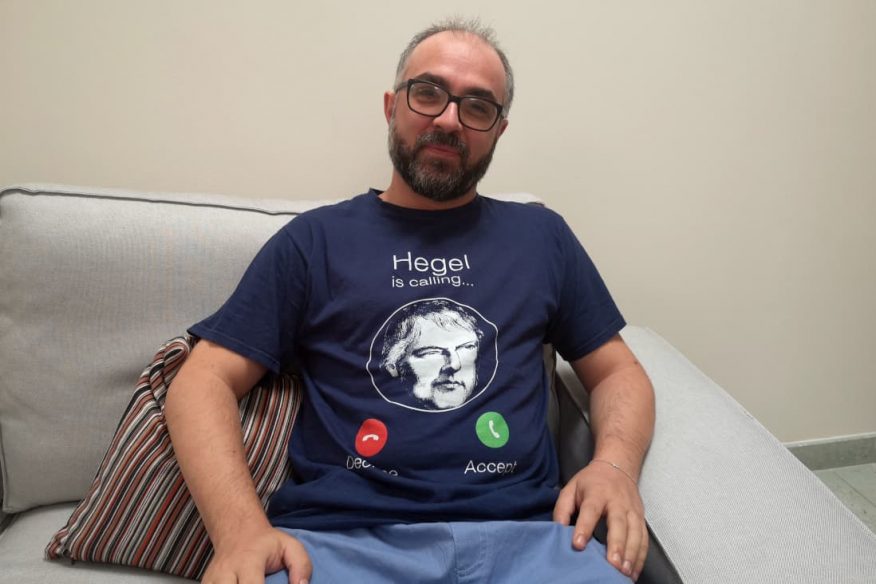
I studied philosophy at university. My vocation story?
Thesis, antithesis and synthesis. I will recount it in this way!
The first part is the ‘thesis’, the moment of confirmation, in which a reality is speculated, understood and gradually unfolds.
I experienced the first part of this journey at the end of high school in Potenza, when I decided to enter the seminary after my graduation. Despite the four years I spent in the seminary, I felt that the life of a diocesan priest did not satisfy my deepest desires, although my desires were still unclear at the time.
What was needed then was “the antithesis”, the second moment, that of a reversal in which an already determined reality reverses itself. This is a crucial step in the investigation in that it partly puts aside and partly preserves what was previously in the thesis. This movement for me is marked by the passage from the reality of the seminary to that of the Dominicans. In fact, the desire for religious life had always attracted me although I could not yet determine yet the form or the charisma. My episode with the Dominicans, however, was crucial because by allowing me to complete my theology studies they directed me to the Jesuit faculty in Naples to finish them. And here then is the last step of the investigation, that of the synthesis, which for Hegel, represents the reason for reaffirming the thesis and defeating the antithesis. The synthesis represents the idea that is justified in a new way. For me, the encounter with Ignatian spirituality represented the place to finally give form and name to my vocation. The spiritual exercises were instrumental in being able to meet the Lord intimately, experiencing all his tenderness. This allowed me to express my desire to enter the Society and to be able to give my life living as a Companion of Jesus.
In less philosophical but more existential terms I can say that mine was a profound search for meaning in trying to understand God’s will for me. The years I lived in the Society were years of knowledge of my personal identity in view of a maturation capable of bringing to fruition the talents received as a gift from God. On the other hand, the exercises, the many experiences I have had, the many apostolates, have served to renew my contemplation of reality and the world. They were years, above all, in which to convince myself that the most revolutionary phrase in Scripture is: I no longer call you servants but friends.
